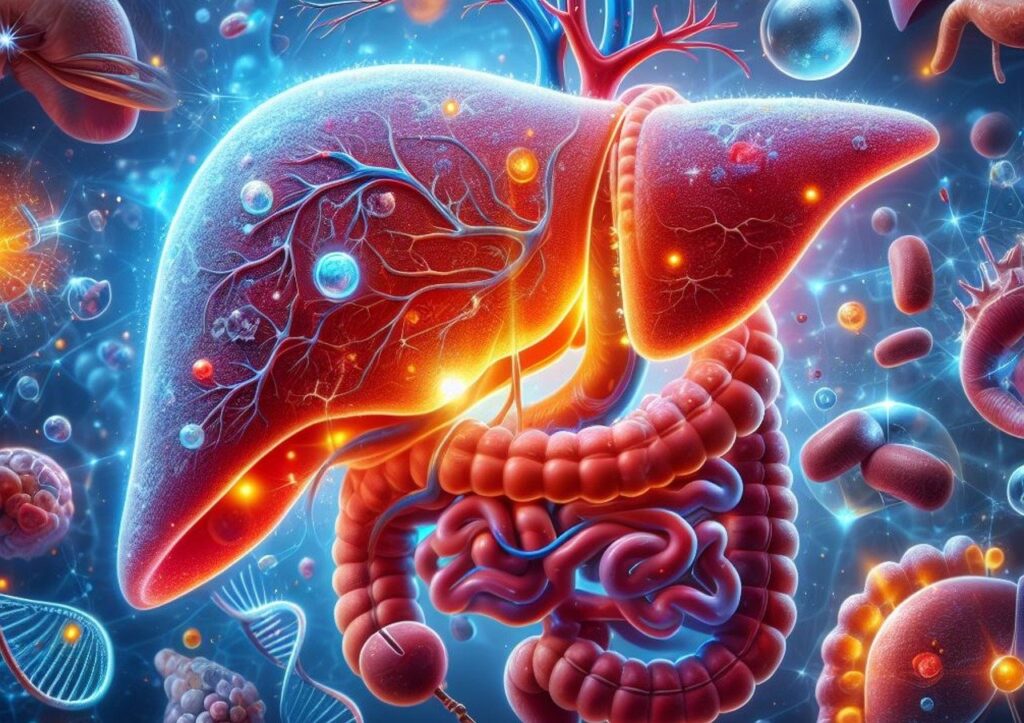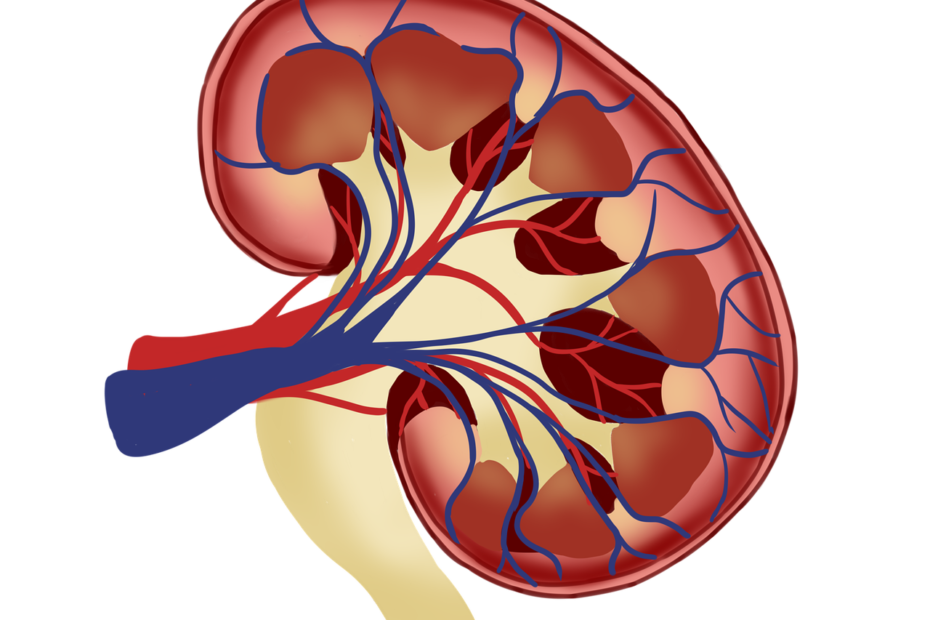Updated 08/12/2024
Blood contains fats and sugars to separate gases from water for the muscles.
Muscles do not feed on fats or sugars, but on proteins, and fats and sugars remain in the blood only until they are eliminated by the liver and kidneys.
Fats are eliminated by the kidney, thanks to chemical messengers, which activate chromosome genes in the kidney cells, to inflate or swell the kidney cells with hydrogen, with fats and in this inflation, it separates the molecular compound of the fats, into acid and hydrogen, which is eliminated through the lung.
This effect greatly lowers blood pressure due to the loss of hydrogen that travels from the kidney to the lung where this gas is lost, since if the fats in the blood are not eliminated, it can concentrate much more hydrogen than that absorbed by the muscles, but an excess of this chemical messenger can cause fainting due to hypotension and an excess of protein in the neurons that produce this neurotransmitter can reduce the flow of this neurotransmitter and cause hypertension.
The kidney also helps to dissolve proteins in neurons, but this effect is a bit annoying, because if it dissolves too many proteins, it can cause lack of sleep or even excessive physical loss, and also if it lowers the proteins in neurons too much, it can be deficient against substances such as THC, for example.
The effect of losing too many proteins in neurons can be a placebo effect.

The same thing happens with sugars, but they are eliminated by the liver, when insulin and oxygen are released, which forms blood plasma or helps form water in the blood.
It must be said that when we do a lot of physical activity and the liver becomes inflamed or the skin turns yellow, it is due to a lack of insulin that causes the loss or elimination of sugars in the blood and this lack causes the production of many toxins for the kidney and poor recovery from physical exercise.

